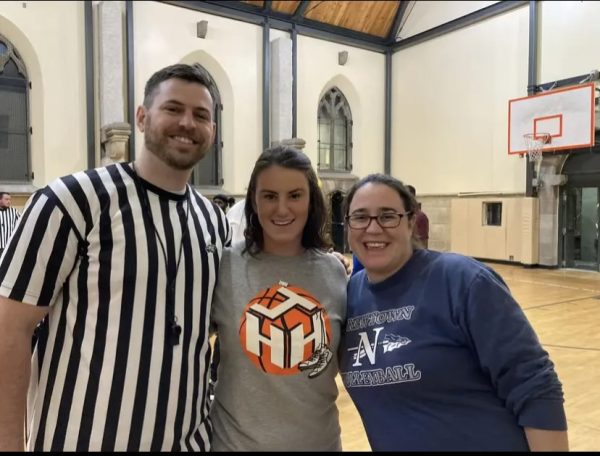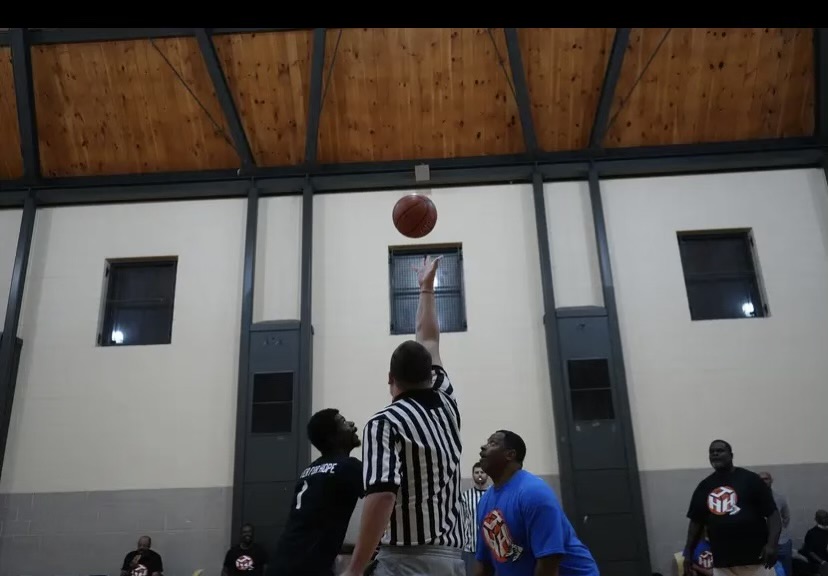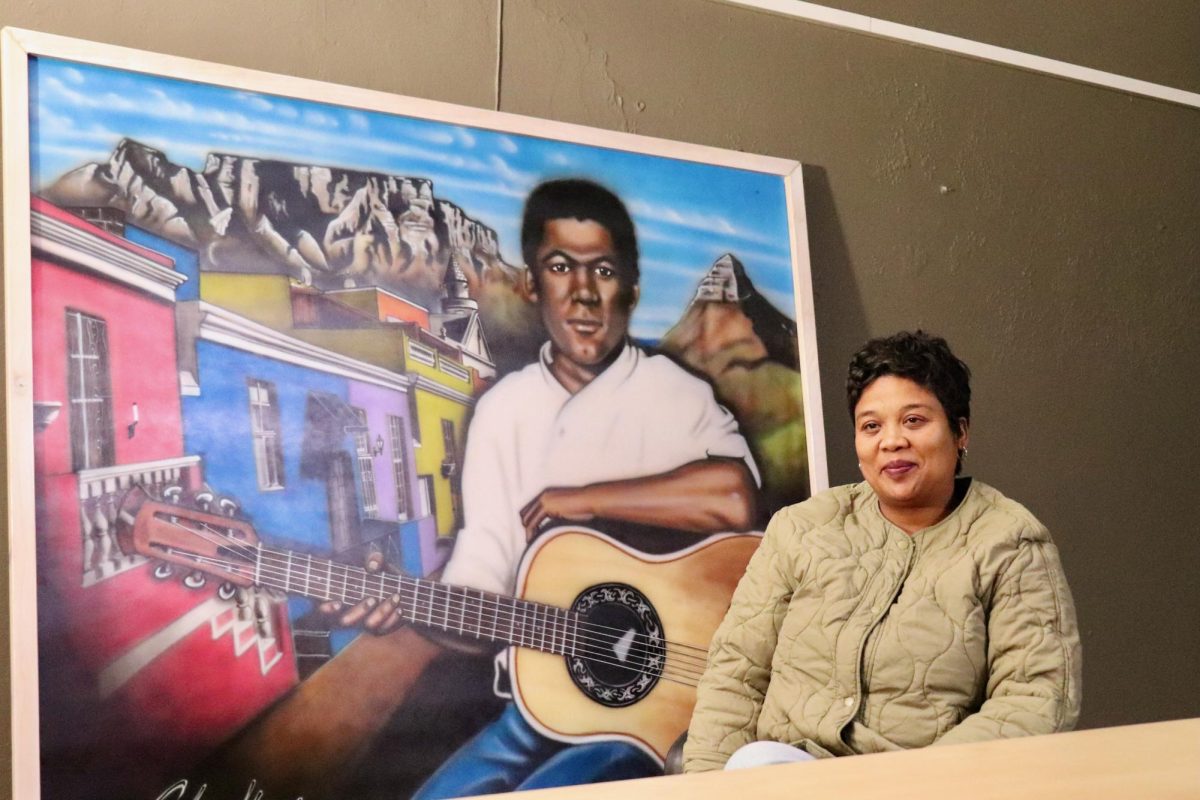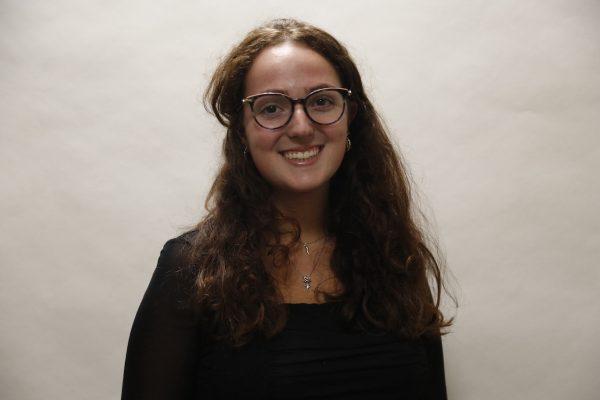In 2015, Tori Urban was working as a substance use coordinator for Resources for Human Development (RHD) when she was tasked with creating an action learning project that would benefit those she worked with, which included people experiencing homelessness. Urban’s experiences working with homeless shelters for RHD, a human services nonprofit that empowers people to achieve their highest level of independence, showed her the numerous resources Philadelphia had for basic needs.
This knowledge led Urban to take a different approach to her project. Reflecting on her own childhood participating in sports, Urban said she thought of how it impacted her own “ability to cope with the stress of everyday life,” while allowing her to feel better physically and emotionally.
“I wanted to do some sort of athletic league or program because individuals experiencing homelessness should have the opportunity to do sports and athletics, just as people that have income, and are not in this situation, do,” Urban said.
With the initial seed planted, Urban got to work, surveying several shelters to see what sport would garner the most interest. Basketball received an overwhelming majority of the votes. From there, Hoops 4 Hope was born.
The organization, which officially became a nonprofit in 2020, is a basketball league that “utilizes basketball to engage and empower individuals experiencing homelessness,” according to their website. Their mission is to provide “an opportunity for participants to invest in their physical and mental well-being while having carefree fun.”
Leo Porth ’13 met Urban in 2017 after her initial project idea in 2015. Discussing their mutual love for the program, they relaunched the program in 2019 for the first official season since Urban’s 2015 project, this time with more players, rules, food and structure.
With Urban as the president of the nonprofit, Porth now serves as the vice president. Other board members include Stephen Porth, a professor of management at St. Joe’s and NCAA Faculty Athletics Representative, and St. Joe’s basketball Hall of Famer, Jameer Nelson ’04.
“We felt like there wasn’t a ton of programs that catered to what it is to be human,” Leo Porth said. “All these programs are, like, if you’re sick, you go to the clinic. If you’re missing something, if you’re unhoused, then you try to sign up for a housing program. But none of that’s really catering to what it is to be human and to experience joy and to feel like you can leave your issues behind for a couple hours.”
Four thousand seven hundred twenty-five people in Philadelphia are experiencing homelessness, according to Philadelphia’s 2023 Point-in-Time (PIT) Count, a count that surveyed the number of sheltered and unsheltered individuals experiencing homelessness on a single night in January.
Of those 4,725 people, 706 were unsheltered. Two hundred ten were in safe haven housing, which is supportive housing specifically for individuals with “severe mental illness or other debilitating behavioral health conditions” who may have refused or been unable to receive housing in the past, according to RHD’s website. Four hundred sevnty four individuals were in transitional housing, a temporary housing solution set up with the goal of transitioning residents into more permanent homes. Three thousand three hundred thirty-five individuals were in emergency shelters, which is short-term housing set up for those in need.

Hoops 4 Hope works with shelters to create teams to participate in the league, while also providing pizza after games. Leo Porth said they also hope to find more ways to build a community within the program, including possible group outings.
What Leo Porth described as a “competitive league” still appeals to men of all ages and skill sets who might just want to get out and exercise for a few minutes.
“Even guys who can’t physically play will come and coach or draw plays during a timeout,” Leo Porth said. “It’s the ultimate equalizer.”
One of the biggest ways Hoops 4 Hope has benefited the group it serves is through the camaraderie it forms, especially given the difficulties Leo Porth said living in a shelter can cause in forming relationships.
“In talking to folks that are in our league, a lot of them don’t necessarily have relationships, friendships with other folks in the shelter. Then they come out and they meet people and are able to build a team and a network within what we do,” Urban said. “You forget about all the crap and all the awful things that you may have experienced, and for a couple hours, just be a human being out there playing sports with your teammates.”
Nestor Gaston said he spent 16 months within the organization and was able to find work with a shelter through the league. Now, he volunteers to give back to the league when he can, calling it “a real good blessing” to see how willing people are to support the nonprofit.
“Ever since I went through my little trials and tribulations, I looked forward to this every week or just any opportunity I had to try to help them or just participate,” Gaston said.
Gaston’s decision to give back and do something he said is “for the greater good” sums up Urban’s mission from the start.
“It gives everybody the opportunity to bond and meet each other and become hopeful for better, which is either through employment with one of the shelters or volunteering and caring, trying to contribute and help out by any means,” Gaston said.
Update: This article was updated Sept. 13, 2024 to correct the year Hoops 4 Hope became a nonprofit to 2020.










































Fran • Sep 11, 2024 at 11:11 am
What a beautiful thing to share time, treasure and talent. What a joy to read. Hoops4Hope is a class act, and good will to all it’s staff and participants. Thank you for this article!
Fran U.